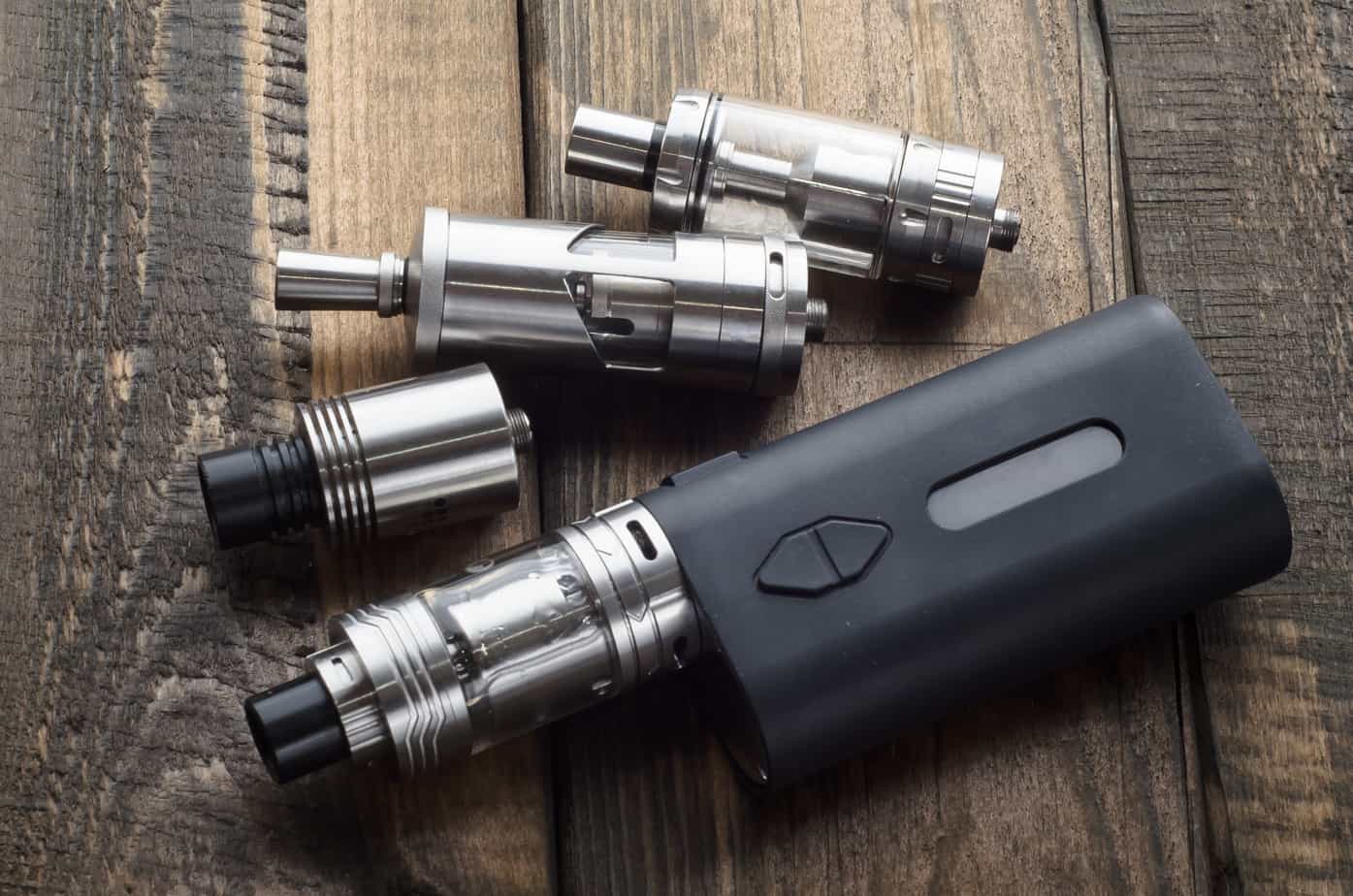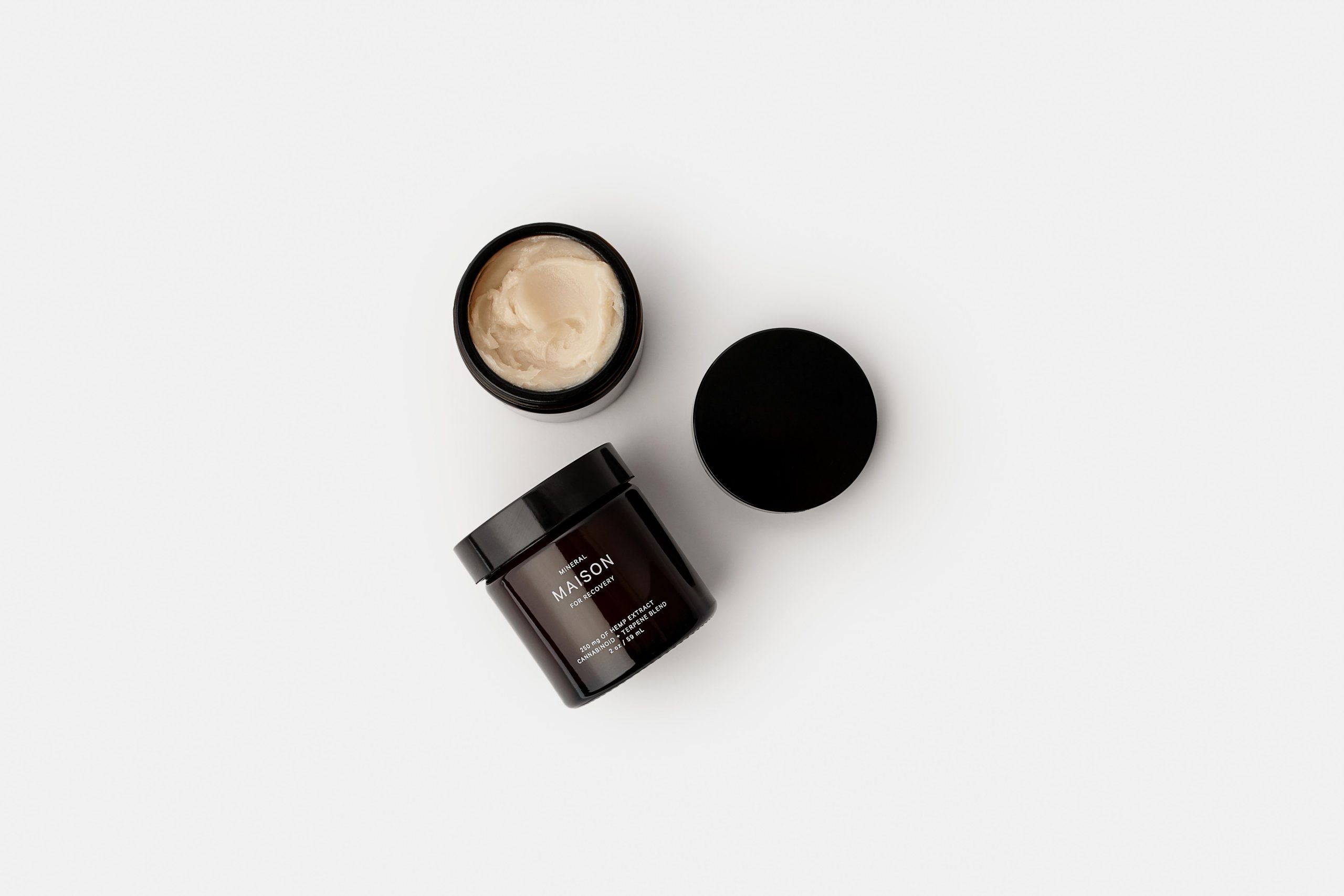If you have been considering nose surgery otherwise known as “rhinoplasty” but have not yet decided if it is for you, this introductory guide could prove invaluable.
Below we have provided concise answers to a few questions on the pros and cons of rhinoplasty, along with the types of issues nose surgery can be performed to correct.
What Is Rhinoplasty?
The term ‘rhinoplasty’ is used in reference to most types of nose surgery, which may be performed for functional or purely cosmetic reasons. Most forms of rhinoplasty are performed via a small incision made between the nostrils, this provides the surgeon with access to the structure of the nose while minimising residual scarring.
What takes place during a nasal surgical procedure will be determined by the objectives of the patient and the preferred approach of the surgeon. Rhinoplasty can be performed to make extremely subtle minor corrections, or to completely reshape and rebuild the structure of the nose in its entirety.
What is the Purpose of Rhinoplasty?
Rhinoplasty can be performed to achieve a variety of results, which may be functional or purely cosmetic in nature. Some of the most common reasons why patients undergo Rhinoplasty include the following:
- To change the shape of the nose for improved visual appearance
- For the correction of minor to severe birth defects
- Where breathing problems are encountered, such as sleep apnoea
- Corrective surgery performed following traumatic injury
- Cosmetic improvements following extensive cancer treatment
Each procedure is meticulously tailored in accordance with the expectations of the patient, with the aim of fulfilling their goals in the least invasive way possible.
Who is Considered a Good Candidate for Rhinoplasty?
Appropriateness for nose surgery will be determined by your practitioner on the basis of several important factors. Your general state of health will be carefully considered ahead of time, along with whether you smoke, if you have a history of high blood pressure and so on.
As not all patients are safe or appropriate candidates for rhinoplasty, it is essential to work exclusively with an established and reputable surgeon you can count on. All potential risks should be highlighted and discussed at length in advance, in order to ensure you fully understand the pros and cons of the procedure you are considering.

What Do I Need to Do to Prepare for Rhinoplasty?
If you make the decision to undergo rhinoplasty, your surgeon will advise you as to which preparatory steps need to be taken. This may include the reduction or exclusion of certain medications and supplements in the run-up to the procedure, along with recommended lifestyle changes like smoking cessation, avoiding alcohol consumption and getting plenty of rest.
What is also important is to ensure that you have a clear, accurate and realistic picture of what to expect. The nose is the single most defining facial feature of all and therefore has a major impact on the way you look. Even a slight modification to the appearance of the nose can completely transform a person’s facial appearance, which is something you must be prepared for in advance.
How Does the Surgery Take Place?
Advancements in rhinoplasty have transformed the way most procedures take place, which today are usually performed as inpatient procedures. Following a short initial recovery period, most patients are able to return home the following day.
Depending on the nature and extent of the surgery, the procedure may be performed under local or general anesthetic. The smallest possible incisions are made to minimise residual scarring, through which your surgeon will operate on your nose from the inside.
How Long Does it Take to Recover from Rhinoplasty?
Again, it depends entirely on the nature and extent of the surgery. You will typically need at least a week off work for the initial healing process to take place, after which avoiding intense physical activity may be recommended for up to six weeks.
The full benefits of rhinoplasty may not be visible for several months after the procedure, so it is important to be patient following the cosmetic surgery procedure.







